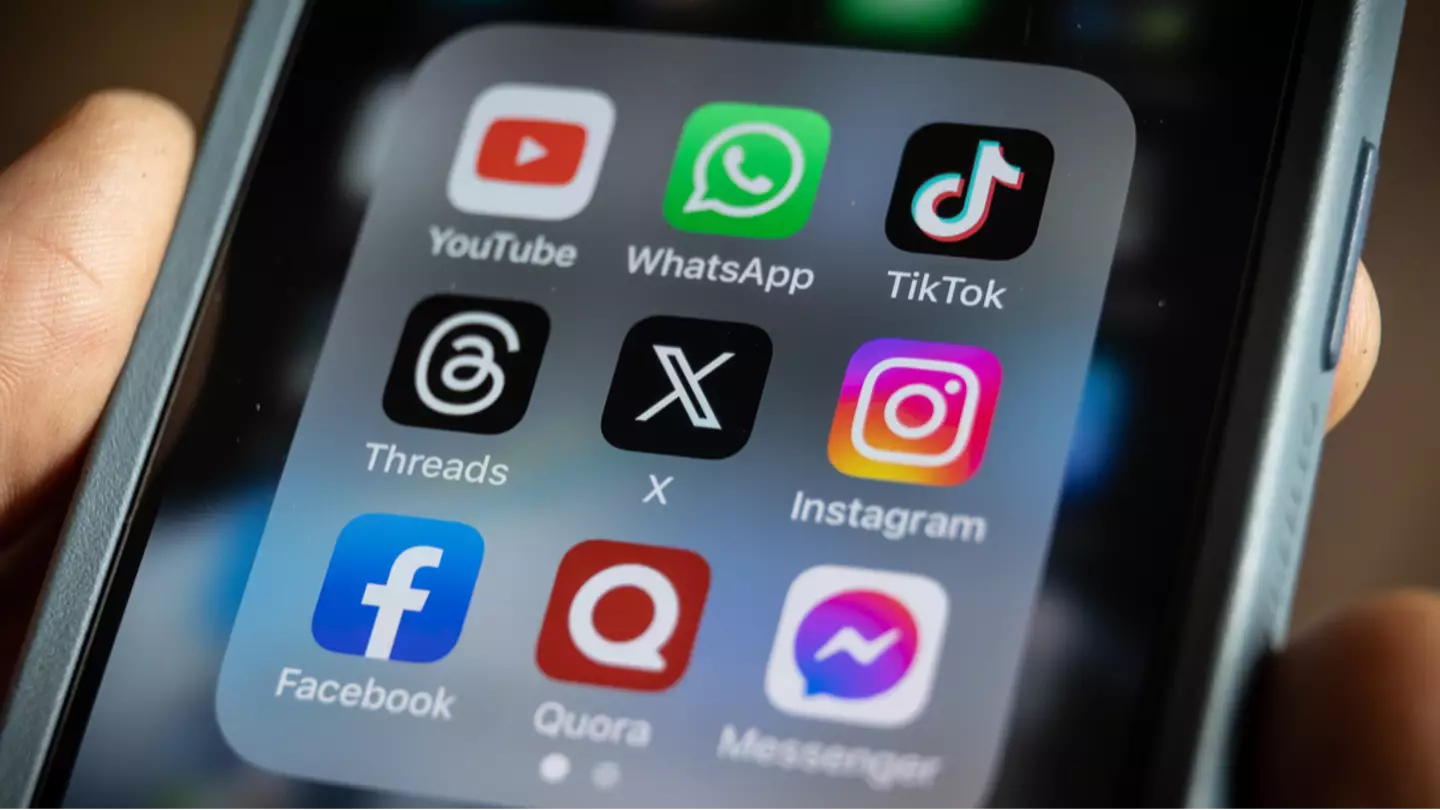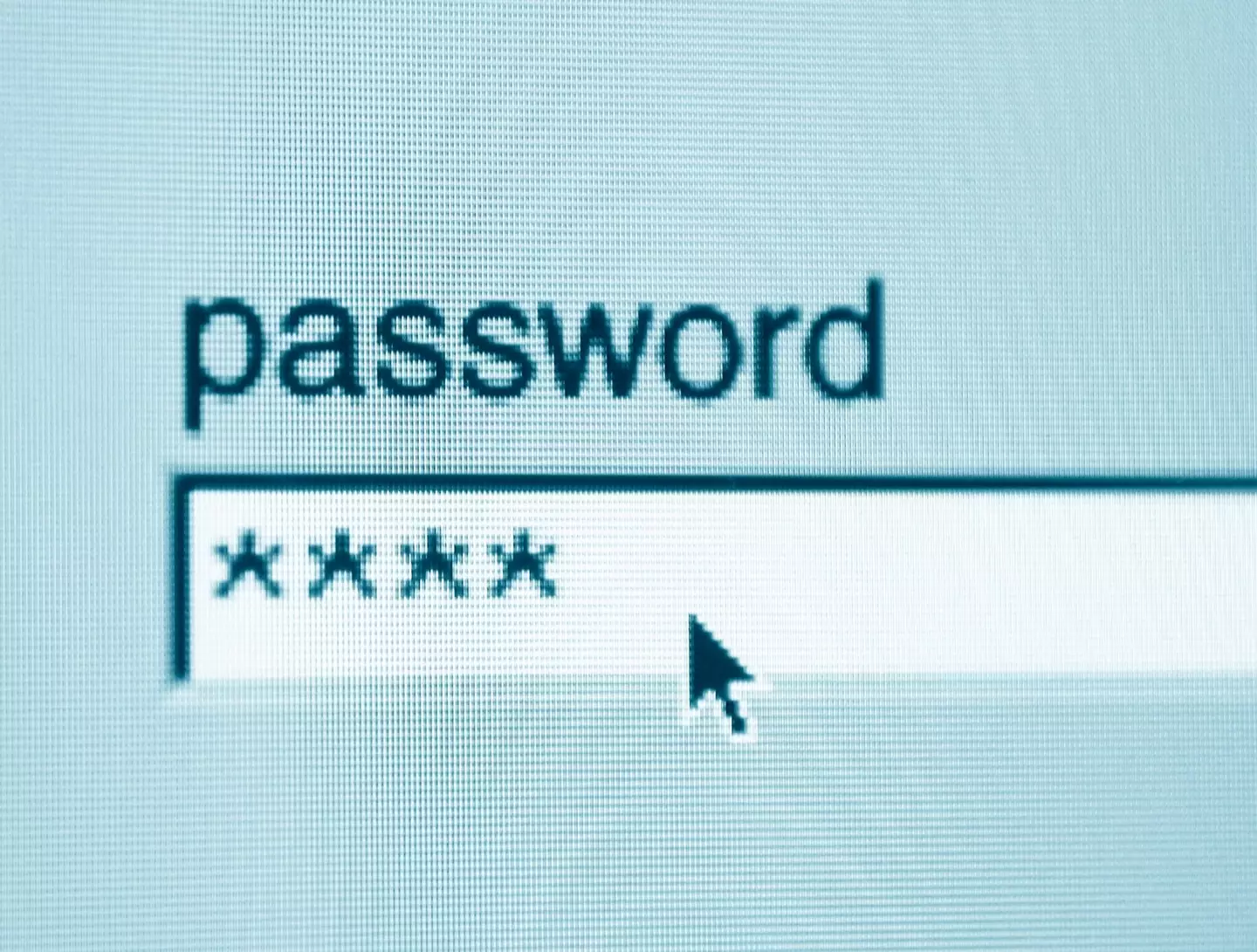
Billions of passwords have reportedly been leaked in a breach which researchers have said constitutes 'weaponizable intelligence'.
There have been numerous data breaches across history when it comes to platforms, with many losing their passwords, accounts, and sometimes their financial information too.
However, this may just be the 'largest breach' ever recorded.
According to researchers at Cybernews, 16 billion passwords linked to Apple, Facebook, Google and other accounts and government services have been leaked.
Advert
It's reported that a number of login credentials and passwords have now been compromised. It comes after Google advised its users to promptly change their passwords to avoid potential hacks.
The FBI previously warned all Americans to steer clear of opening suspicious links in their SMS messages, as per Forbes, which could potentially be phishing scams designed to gain access to your device’s sensitive information.

The Cybernews group also noted that there were ‘30 exposed datasets containing from tens of millions to over 3.5 billion records each’, but one of the datasets was not previously reported as being exposed.
This means that the data which has been compromised has been newly breached.
The researchers warned: “This is not just a leak - it’s a blueprint for mass exploitation.
“These aren’t just old breaches being recycled. This is fresh, weaponizable intelligence at scale.”
Most of the data leaked was URLs followed by the user’s logins and password information which has allowed the hackers to access ‘pretty much any online service imaginable, from Apple, Facebook, and Google, to GitHub, Telegram, and various government services’.
Unfortunately, the datasets were exposed only 'briefly' so that researchers were unable to determine who was controlling the data.
However, they have found that multiple people were involved in the leak, but they cannot confirm just how many people or accounts were exposed to the cyber criminals.

How to protect your data
Urging users to take part in safety preventative measures, such as investing in protective software and not sharing passwords, it’s a worrying time to people who have their logins linked to sensitive data.
With stolen passwords having been put up for sale in their millions on the dark web, Google has suggested users use a secure passkey to protect their accounts and data.
Darren Guccione, the CEO and co-founder of Keeper Security, told Forbes that the password leak was a reminder of ‘just how easy it is for sensitive data to be unintentionally exposed online’.
He said: “The fact that the credentials in question are of high value for widely used services carries with it far-reaching implications.”
According to Cybernews researcher Aras Nazarovas, the way in which infostealers have breached the large amount of data signals a new wave of evolution in cyber crimes.
“The increased number of exposed infostealer datasets in the form of centralized, traditional databases, like the ones found be the Cybernews research team, may be a sign, that cybercriminals are actively shifting from previously popular alternatives such as Telegram groups, which were previously the go-to place for obtaining data collected by infostealer malware,” Nazarovas said.
He suggests that users across the board enable two-factor authentication on their platforms and also change their passwords now, in case their data has been leaked.
UNILAD has contacted Google, Facebook and Apple for comment.
Topics: Apple, Google, Social Media, Technology, Facebook
